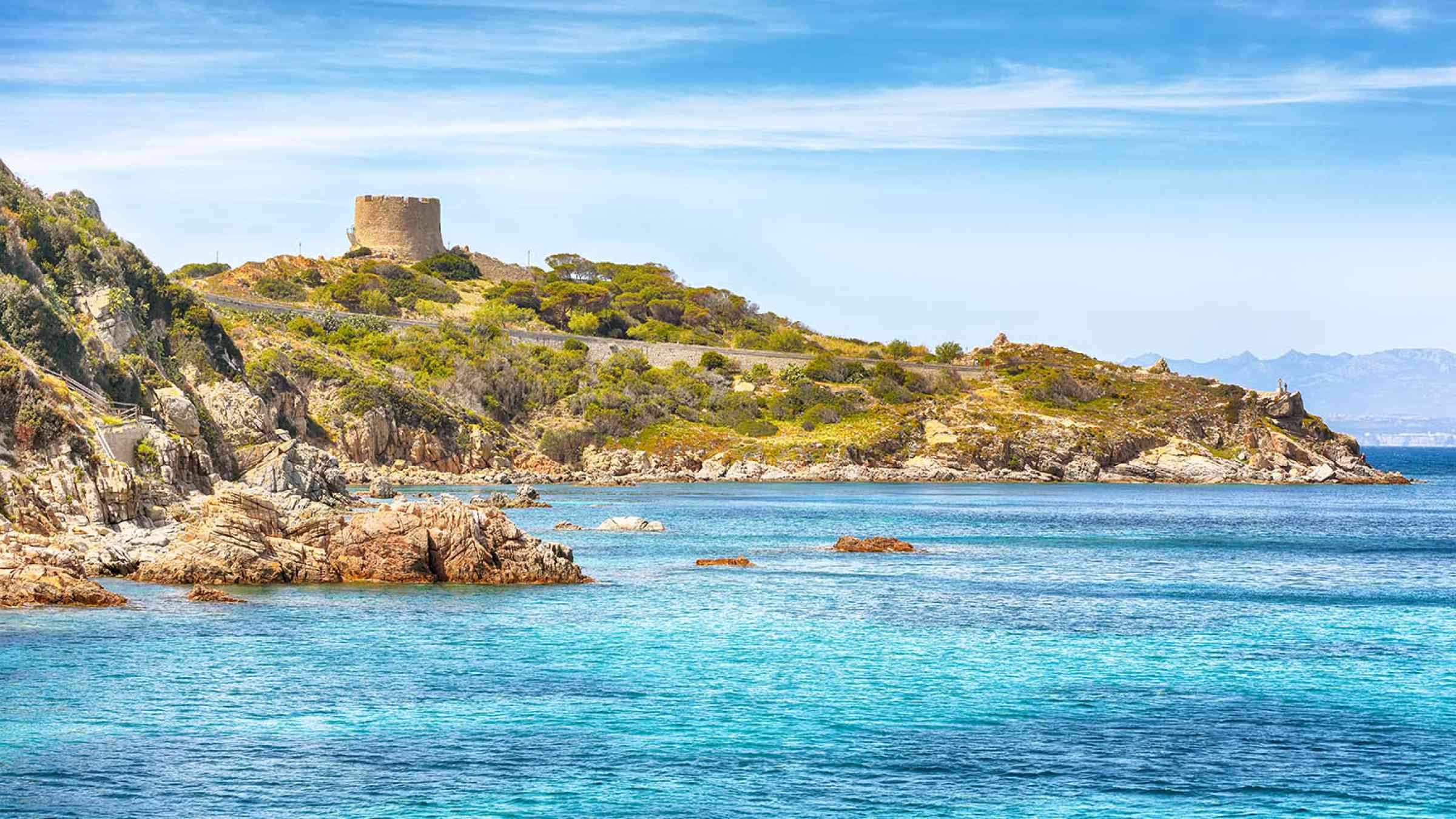Italy's 'Smart Bay' seeks to tackle Mediterranean climate change

[...]
The Santa Teresa Smart Bay, in an area on the northwestern coast noted for tourism and diving, is Italy's first underwater "living" laboratory where scientists use aquatic invertebrate animals known as bryozoans and other organisms as live sensors.
[...]
"We are monitoring PH, which is also related to ocean acidification, and the oxygen level, which is related to hypoxia which is causing a lot of damage around the Mediterranean ecosystem including also the aquaculture," said marine biologist and ENEA researcher Chiara Lombardi.
The 'farm' of bryozoans living in sedentary colonies and marine polychaete worms use the carbonates in the water to grow their shells. Due to a rise of the acidity in the water - linked to pollution and high temperatures - scientists can assess how the growth of the animals has slowed.
[...]
The Mediterranean represents 0.7% of the global ocean surface and is a semi-enclosed basin with its only connection to the Atlantic via the Strait of Gibraltar, which gives its waters unique characteristics. There is very little swell and only a small amount of nutrients due to the low flow of rivers that reach it. There has also been a lot of over-fishing and pollution.
[...]